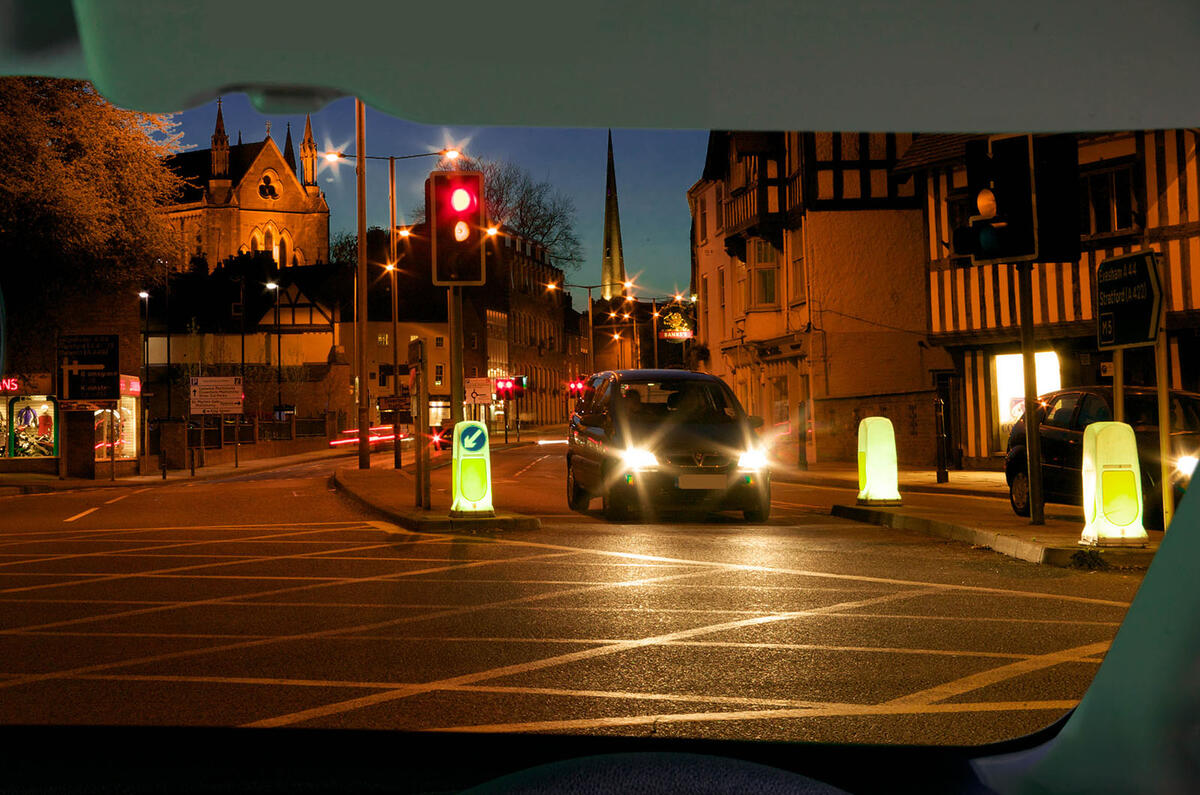Traffic lights that can cut congestion by intelligently adjusting their cycles to real-time demands are to be rolled out in Britain next year.
Developed by urban mobility solution company Vivacity, the lights are able to skip certain phases of green if a junction is empty, giving priority to the roads with the highest traffic in order to reduce overall congestion.
British road traffic volume reaches record level
They can also give priority to certain vehicle types, which are identified using cameras, in order to improve safety. Cyclists, buses and ambulances are among the list of vehicle types that could be given priority or earlier green phases.
Initially, 2500 of the new traffic lights will be installed across 50 miles of Milton Keynes so their cameras can gather data for the technology. Across 12 months of 'learning', the system’s use of artificial intelligence will help it to improve its understanding of each vehicle type to become more effective over time.
In the second half of next year, the data can then be used in Milton Keynes’ traffic management system, and its potential can be tested in real-world scenarios. It is hoped the system will attract interest from other councils so it is added to other regions.
Who should autonomous cars save in a crash?
The £3 million project is being part-funded by a £1.7 million grant from the UK’s innovation agency, with ambitions for it to help to cut the UK’s growing traffic issues.
Farther into the future, the system could integrate a warning system that alerts drivers of hazards, such as a cyclist passing in a lorry’s blind spot.




Join the debate
Add your comment
Smart. My backside.
Heaven only knows what will happen if MK is made smart.
Have a problem with the priority
I definitely second the idea of switching traffic lights to flashing amber at off peak times, and switching them off completely on roundabouts when not needed. Perhaps a smart traffic light system could monitor traffic levels and do that itself.
Another thing that seems to work fine in the US is allowing turning on a red light. Not in all states, but in most you can turn right on a red light, giving way to any traffic crossing the junction. So in the UK this would allow a left turn on red. If a particular junction layout is not suitable, then it can be disallowed by use of a simple "no left turn on red" sign.
I hope we can get rid of some of the more pointless speed humps. I would also like to see the 20 limits gone, because they are pointless, which is why almost everyone ignores them.
It would be a silver lining to the diesel cloud if councils were encouraged to prioritise traffic flows, which has the potential to reduce local air pollution. The problem is most city councils are anti-car, and like to make it frustrating and expensive to drive or park.
Time to turn off lights at times of low traffic density
Other junctions could adopt the German flashing orange for all lights during late evening and overnight. All saves fuel!
Ruaraidh wrote:
Quite right to, it's not only maddening to be sat at a red light when there's no traffic at the junction but, as Ruaraidh rightly says, it's a waste of fuel.